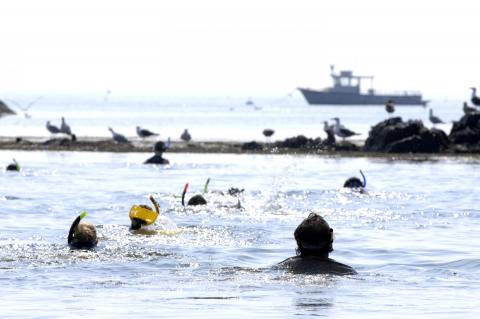
The Capstone experience is typically completed by senior students within the major and is designed to elicit opportunities for educational reflection and synthesis of knowledge and skills; however, students who have completed 90 credits at the end of their junior year may complete their Capstone the summer prior to their senior year. The Capstone may be met with an approved experience (as described below). It is not necessarily a course.
The Senior Capstone Experience must meet one or more of the following criteria:
- The Capstone synthesizes and applies disciplinary knowledge and skills.
- The Capstone fosters reflection on undergraduate learning and experience.
- The Capstone demonstrates emerging professional competencies.
- The Capstone applies, analyzes, and/or interprets research or data or artistic expression.
- The Capstone explores areas of interest based on the integration of prior learning.
- The Capstone requirement may be satisfied through a course, created work or product, or some form of experiential learning. Departments may allow honors theses, mentored research projects, and other special student activities to substitute for designated department Capstones.
- The Capstone should occur during the student’s senior year.
- Departments designate Capstones as appropriate to their respective disciplines following the usual administrative procedures for their College or School.
- Departments are responsible for certifying that graduating seniors have met the Capstone requirement for their majors.
Suggested ways of meeting Capstone may include : McNair Research Theses, Hamel Center Programs (IROP, SURF USA, SURF Abroad, URA, INCO 790), and Senior Honors Theses. Examples of Capstone experiences include courses, projects, independent research, internships, artistic expression, or community and service learning opportunities.
